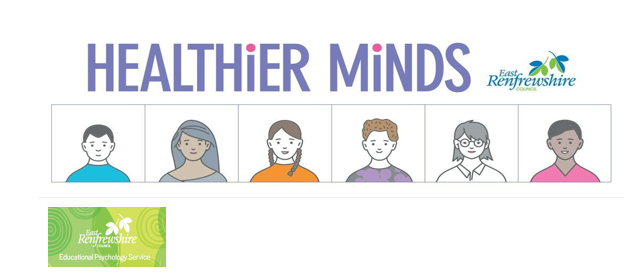Talking about mental wellbeing and mental health is important. The language that we use is also very important. Whilst an increased awareness of mental wellbeing has resulted in people using the language of mental health more frequently, it has also led to the misuse or overuse of diagnostic labels such as depression and anxiety disorder. However, at the same time, it is important that we recognise when a child is experiencing a chronic and enduring mental health problem such as depression and that they do not feel stigmatised by this.
For those children and young people who are trying to cope with the normal stresses and challenges of growing up, the use of medical labels can be unhelpful or dis-empowering. They lead to a focus of within-child factors which attribute ‘blame’ to the child and to questions such as :
What is wrong with this child / young person?
Instead, is more helpful to consider of all the different factors that have led to the child or young person feeling the way do. When trying to develop an understanding of what is having an impact on a child or young person’s mental wellbeing, practitioners should consider the following:
What has happened to the child/young person?
What is going on the child’s life?
What key relationships does the child have?
When are things a bit better for the child/young person? (What are the ‘exceptions’)
Approaching mental wellbeing in this way can help keep open the possibility of positive change for children and young people and encourage the child to focus on the environment:-on what they can change and on the times when things are better for them. It also helps to facilitate a non-judgemental and empathic stance that enables practitioners to support children and young people in developing coping strategies.

